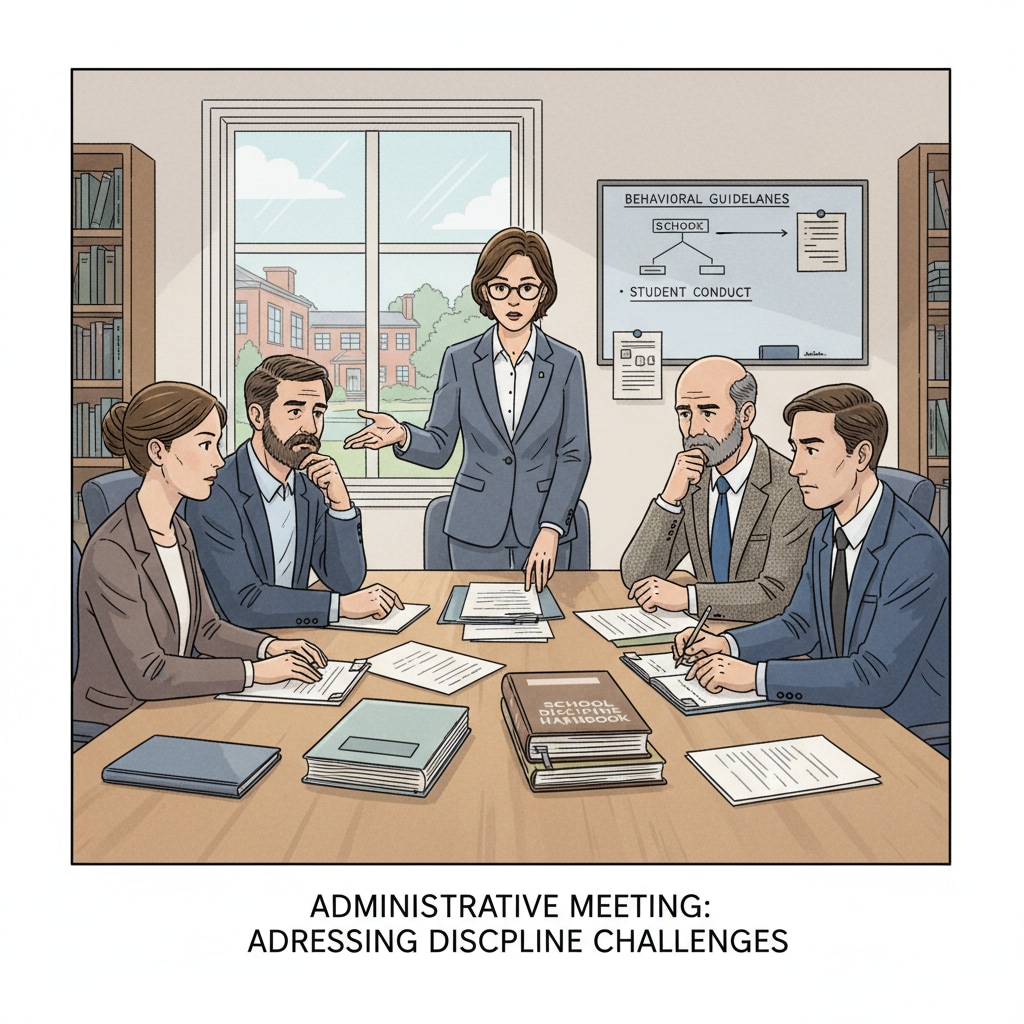School discipline, parental expectations, and restorative practices are crucial aspects in the educational landscape. School administrators frequently face a tough situation when parents demand severe punishment for students, while they strive to uphold the concept of restorative discipline. This article delves into this educational management conundrum and presents practical strategies to assist schools in maintaining their educational philosophy while meeting parental concerns.

The Challenge of Divergent Views
Parents often come from different backgrounds and have diverse ideas about how to handle student misbehavior. Some may believe that strict punishment is the most effective way to correct a child’s actions. However, restorative discipline focuses on repairing relationships, understanding the root causes of misbehavior, and promoting growth and learning. This creates a significant gap between parental expectations and the school’s disciplinary approach. For example, a parent might demand that a student be suspended for repeated tardiness, while the school aims to use restorative practices to explore the reasons behind the tardiness and find a solution together with the student. Restorative justice on Wikipedia

Understanding Parental Concerns
In order to bridge this gap, administrators need to first understand why parents advocate for strict punishment. It could be due to concerns about their child’s future, a belief in traditional disciplinary methods, or a desire to see immediate results. By having open and empathetic conversations with parents, administrators can gain insights into their worries. This understanding is the foundation for building trust and finding common ground. For instance, if a parent is worried that their child’s misbehavior will lead to a bad reputation, the administrator can explain how restorative practices can actually help the student take responsibility and improve their behavior in the long run. Education on Britannica
Once the concerns are understood, administrators can start to introduce the concept of restorative discipline. They can explain how it differs from traditional punishment, highlighting the benefits such as improved student relationships, enhanced problem-solving skills, and a more positive school environment. By using real-life examples of successful restorative practice cases in the school, parents can better visualize the potential outcomes. This can gradually shift parents’ perspectives and make them more receptive to the school’s approach.
Readability guidance: In this section, we have used short paragraphs to convey key points. We’ve also provided examples to illustrate the ideas, and used transition words like ‘however’ and ‘for example’ to make the flow smoother.


